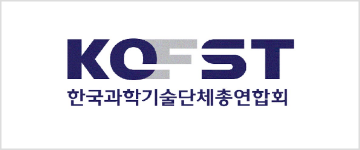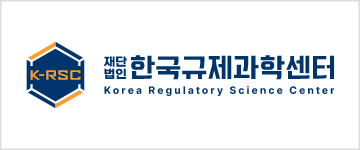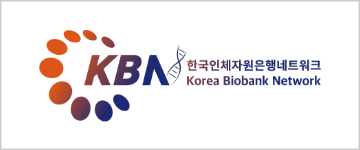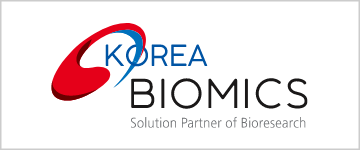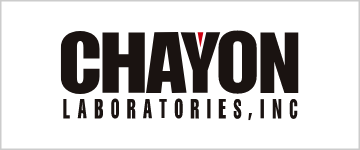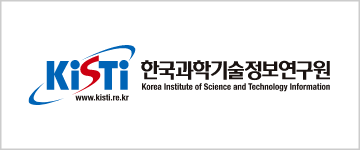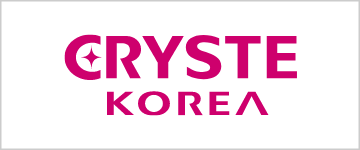2025 Fall
International Convention of PSK
2025 CONVENTION
Abstracts
Development of pan-Raf inhibitor for the treatment of melanoma via fragment-based drug discovery
- Eunah Cho2, Sanghwa Lee1, Gyoonhee Han*1,2
- 1Department of Biotechnology, College of Life Science and Biotechnology, Yonsei University, Republic of Korea
- 2Graduate Program of Industrial Pharmaceutical Science, College of Pharmacy, Yonsei University, Republic of Korea
The Raf kinase family regulates the RAS-ERK signaling cascade, and oncogenic mutations in BRAF, particularly BRAF V600E, are major drivers in cutaneous melanoma. First-generation B-Raf inhibitors such as vemurafenib and dabrafenib initially showed clinical efficacy but induced resistance through Raf dimerization, leading to paradoxical pathway activation. To overcome this, pan-Raf inhibitors have been developed, with tovorafenib recently approved as a type II inhibitor targeting both monomers and dimers. In this study, a fragment-based drug discovery approach was applied: docking studies guided the design of tovorafenib-derived fragments and analogs, which were synthesized and evaluated for biological activity. The results indicate potential applications of fragment-based strategies in developing next-generation pan-Raf inhibitors.
Q&A
- There are no registered questions















